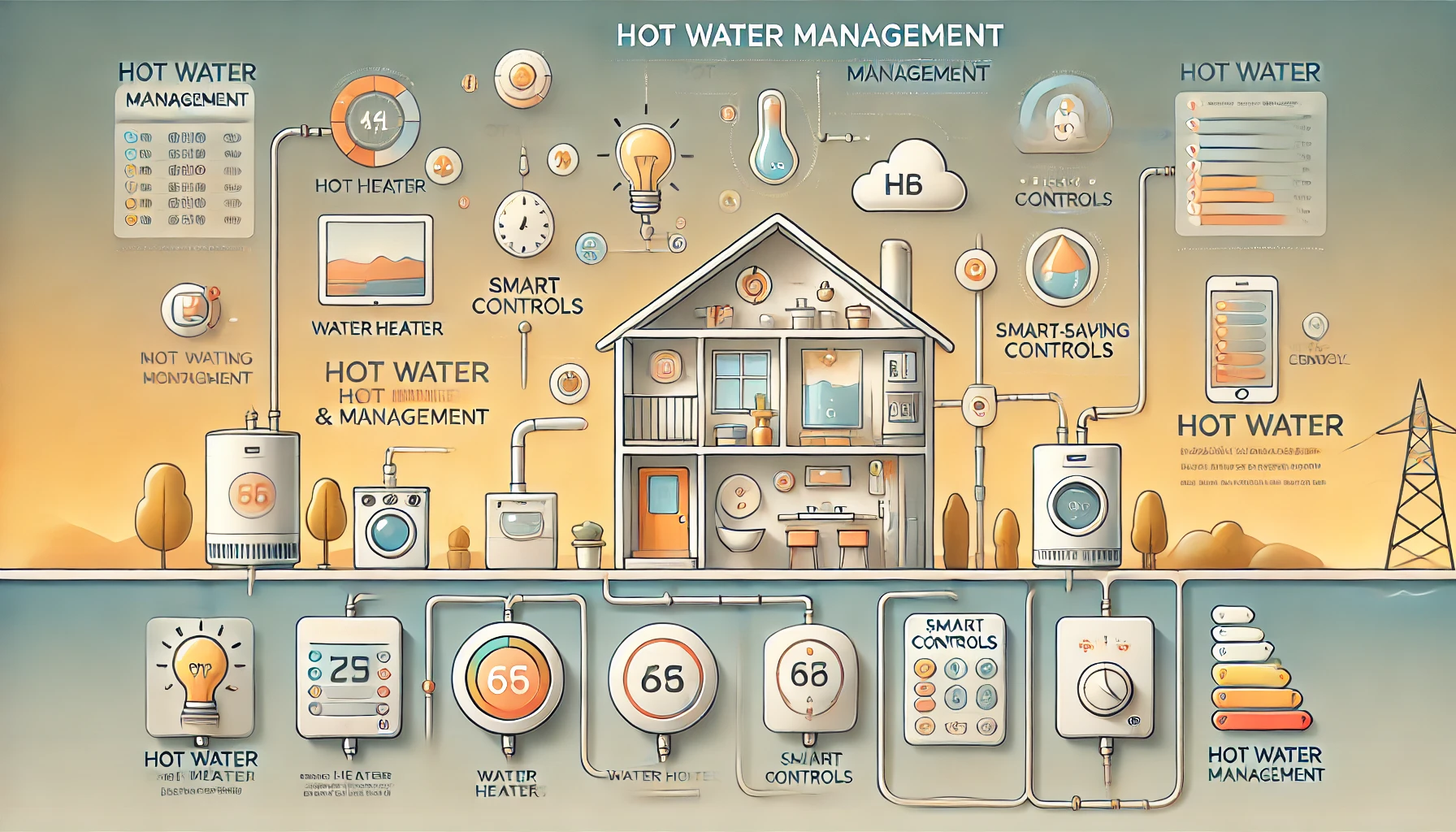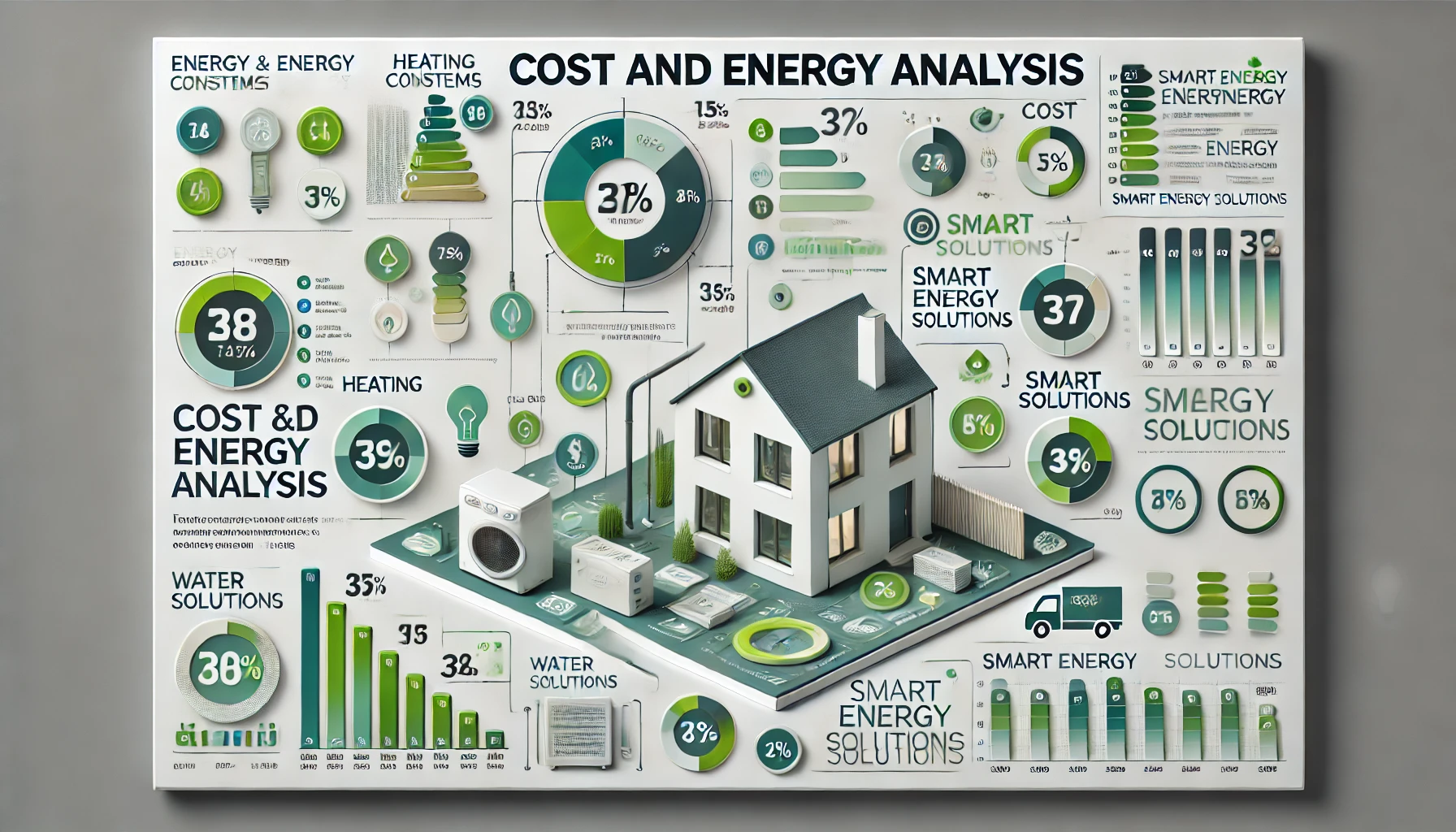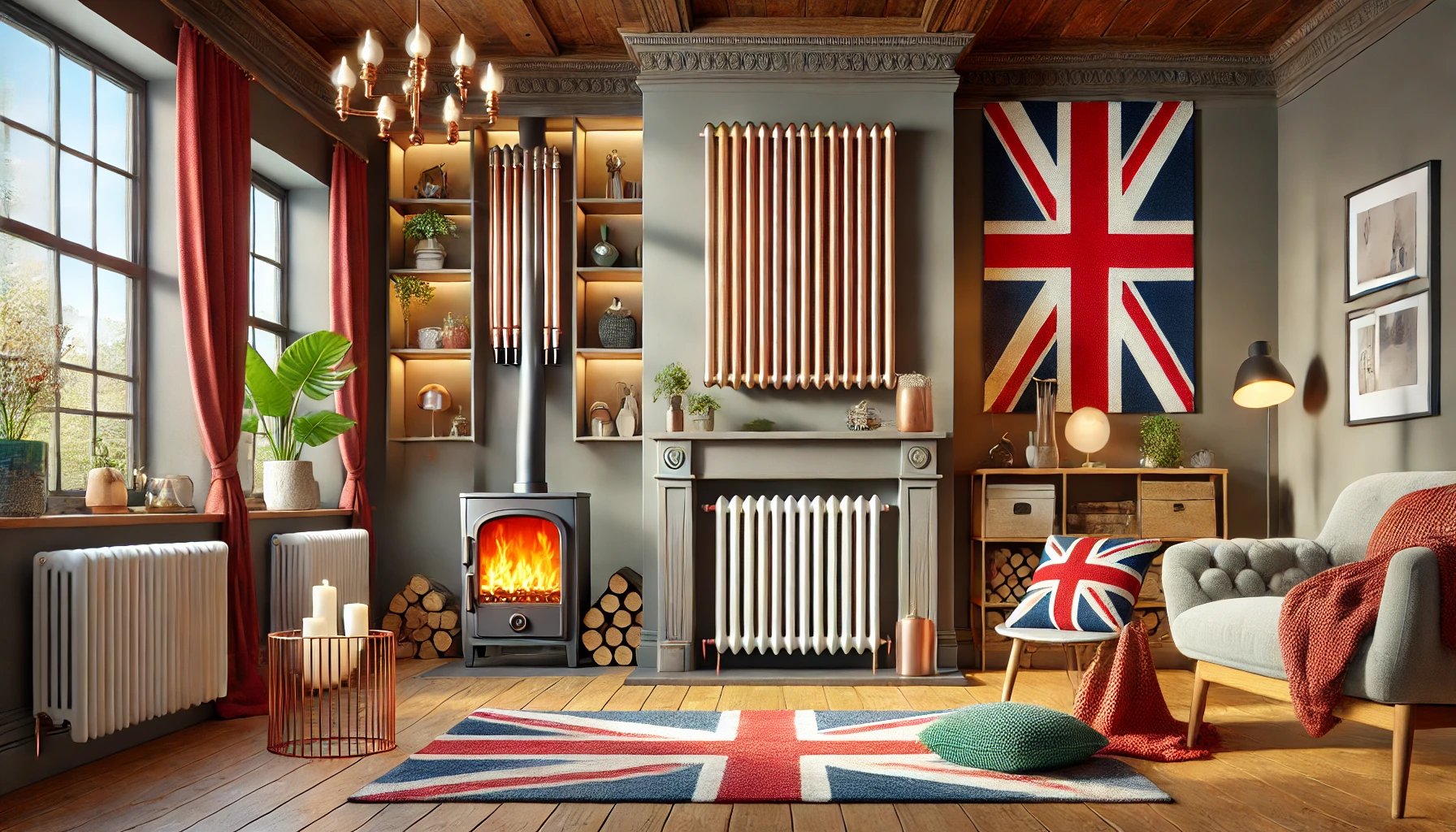
Save Up to £500 AnnuallyYour Complete UK Home Heating Installation Guide
Want to slash your annual heating bills by £500? You’re not alone. With UK energy costs soaring, homeowners across the country are searching for smart ways to heat their homes without breaking the bank. The secret lies in proper heating installation and management. Whether you’re upgrading your current system or installing a new one, making informed decisions about your home heating can lead to significant savings. In this comprehensive guide, we’ll walk you through:
• Expert tips for efficient heating installation
• Smart temperature control strategies that save money
• Modern heating technologies worth investing in
• Government grants and schemes you can leverage Ready to transform your home heating system and keep more money in your pocket? Let’s explore proven strategies that combine comfort with cost-effectiveness, helping you create a warmer home while reducing your energy bills.
Key Takeaways:
- Smart heating controls and modern thermostats can help reduce your energy bills by up to £500 annually through precise temperature management
- Proper installation and maintenance of your central heating system, including thermostatic radiator valves and room thermostats, are crucial for optimal performance
- Heat pumps and combi boilers represent energy-efficient alternatives that can significantly lower your carbon emissions and heating costs
- Understanding and adjusting your boiler flow temperature and room temperature settings can lead to substantial savings on your heating bills
- Government schemes and grants are available to help UK homeowners upgrade to more efficient heating systems
- Simple solutions like draught-proofing strips and secondary glazing film can complement your heating system for better energy efficiency
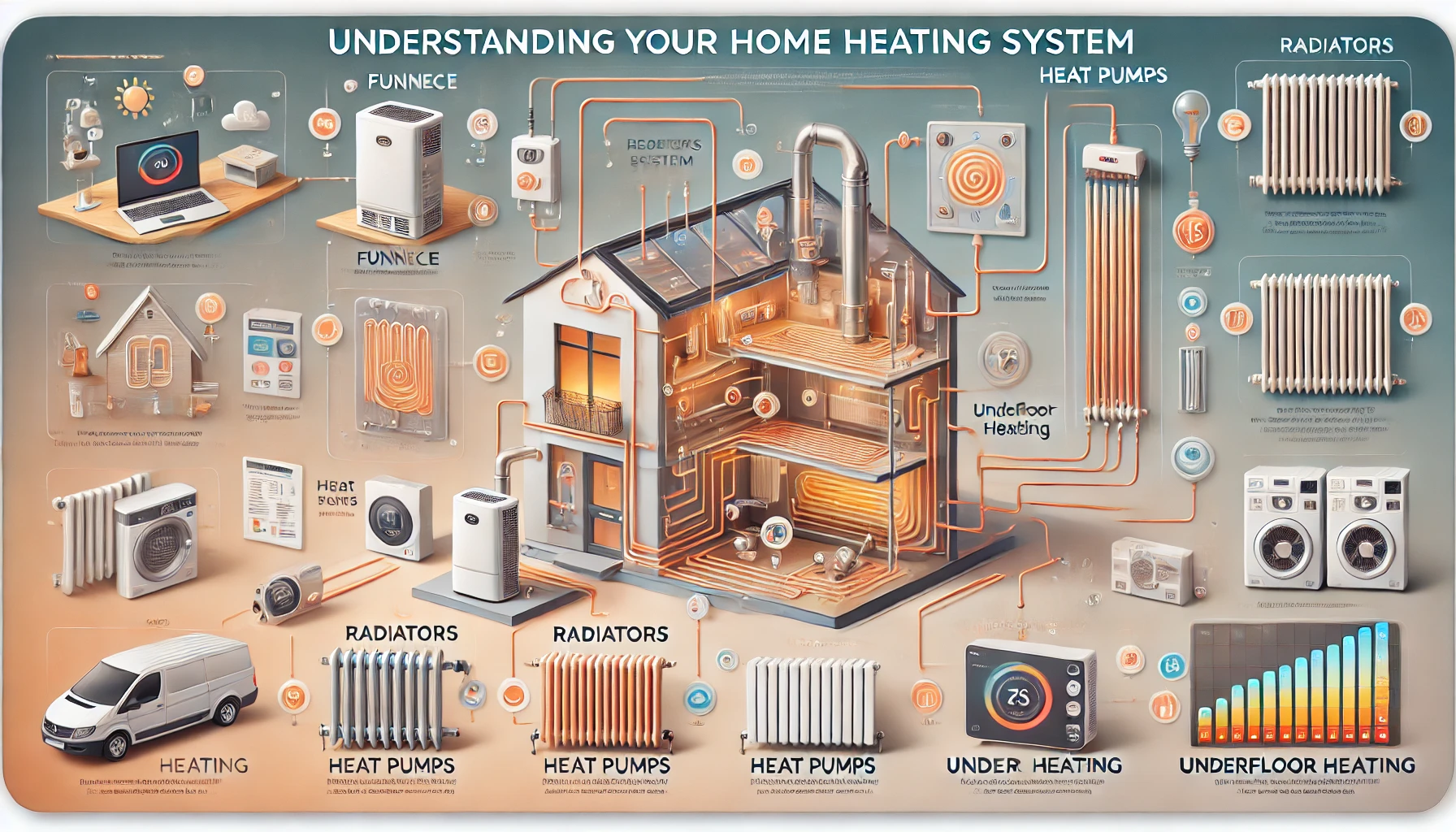
A well-functioning heating system is essential for maintaining a comfortable home environment while keeping energy costs in check. Let’s explore the key components that make up your home heating system and how they work together.
Boiler – The Heart of Your System
Your boiler is the primary component, responsible for heating water that circulates through your radiators. Modern condensing boilers are highly efficient, operating at 90-95% efficiency compared to older models that may only achieve 80%. This improved efficiency directly translates to lower energy bills and reduced carbon emissions.
Radiators and Pipework
Radiators distribute heat throughout your home via a network of pipes. Each radiator can be controlled individually using Thermostatic Radiator Valves (TRVs), allowing you to set different temperatures for different rooms. This zonal control helps optimize heating efficiency and reduce unnecessary energy usage.
Heating Controls
Your system’s controls typically include:
- A programmer for setting heating schedules
- A room thermostat for maintaining desired temperature
- TRVs for individual radiator control
- A cylinder thermostat if you have a hot water tank
Smart Technology Integration
Modern heating systems often incorporate smart controls, allowing you to manage your heating remotely via smartphone apps. These systems can learn your routines and automatically adjust temperatures, potentially saving up to £150 annually on heating bills.
System Maintenance
Regular maintenance is crucial for optimal performance. Annual boiler servicing helps:
– Ensure safe operation
– Maintain efficiency levels
– Prevent unexpected breakdowns
– Extend system lifespan
– Validate manufacturer warranties
Key TakeawayYour home heating system comprises multiple components working together, from the boiler to smart controls, and understanding each part helps optimize performance and reduce energy costs while maintaining comfort.
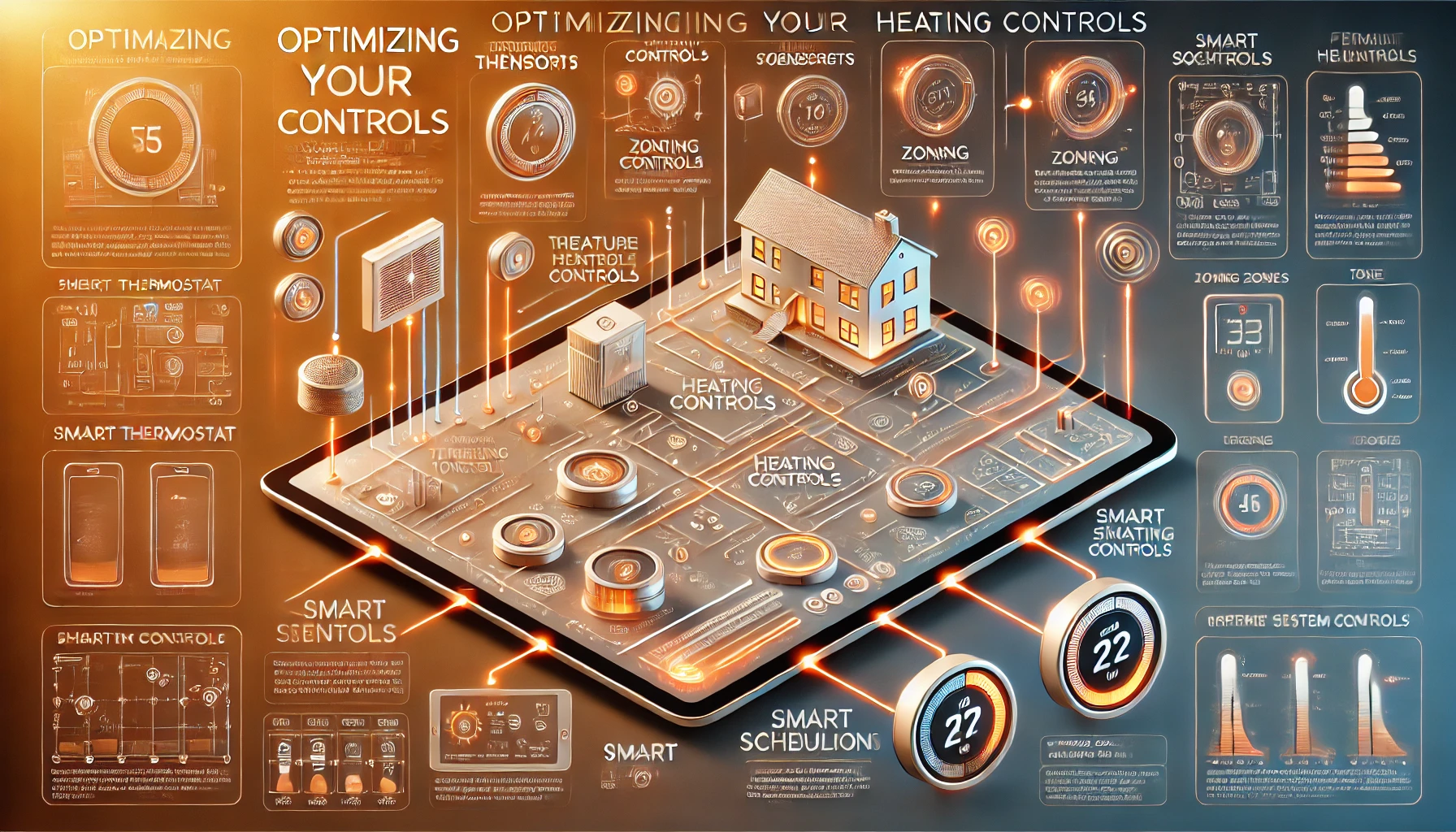
Mastering your heating controls is essential for maintaining comfort while keeping costs down. Modern heating systems come with various control options that, when used correctly, can significantly reduce your energy bills.
Understanding Your Heating Timer
Setting up your heating timer effectively can save you substantial money. Program your system to turn on 30 minutes before you wake up and off 30 minutes before bedtime. This approach ensures your home is warm when needed while avoiding unnecessary heating during sleeping hours.
For maximum efficiency, consider your daily routine. If you’re out during weekdays, set different schedules for weekdays and weekends. Most modern timers allow you to create multiple daily programs, helping you match heating patterns to your lifestyle.
 Smart Temperature Management
Smart Temperature Management
The ideal room temperature typically falls between 18-21°C. Every degree you lower your thermostat can save approximately £80-90 annually on your heating bills. Use thermostatic radiator valves (TRVs) to control individual room temperatures, setting lower temperatures in less-used spaces.
Smart thermostats offer even more control, allowing you to:
– Adjust heating remotely via smartphone
– Create zone-specific heating schedules
– Monitor energy usage in real-time
– Receive intelligent suggestions for efficiency improvements
Remember to regularly check your thermostat’s accuracy and position. Keep it away from direct sunlight and heat sources for the most precise temperature readings.
Key TakeawayProper use of heating controls, including timer programming and smart temperature management, can lead to significant energy savings while maintaining comfort throughout your home.
Temperature Management for Maximum Savings
Effective temperature control is crucial for reducing your heating costs while maintaining comfort in your home. The sweet spot for most UK homes lies between 18-21°C, striking the perfect balance between warmth and efficiency.
Finding Your Optimal Temperature
Start by setting your thermostat to 20°C and gradually reduce it by 1°C each day. Pay attention to how comfortable you feel at each temperature. Most people adapt well to slightly lower temperatures, and you’ll be amazed to discover that even a 1°C reduction can save you approximately £80-90 annually on your heating bills.
Room-by-Room Temperature Control
Different rooms require different temperatures based on their usage. Consider these optimal settings:
– Living rooms18-21°C
– Bedrooms16-19°C
– Bathrooms22-24°C
– Hallways and storage spaces15-18°C
Use thermostatic radiator valves (TRVs) to maintain these varying temperatures effectively across different rooms. This zonal heating approach prevents energy waste by not overheating unused spaces.
Smart Temperature Management
Modern smart thermostats offer precise temperature control and learning capabilities. They can:
– Adjust temperatures automatically based on your daily routine
– Allow remote control via smartphone apps
– Provide detailed energy usage insights
– Create custom heating schedules for different zones
These features help maintain optimal temperatures while preventing unnecessary heating, potentially saving you up to £150 yearly on heating costs.
Key TakeawaySetting your thermostat between 18-21°C, implementing room-specific temperatures, and using smart controls can significantly reduce your heating bills while maintaining comfort throughout your home.
Hot Water Management
Managing your hot water system efficiently is crucial for reducing energy costs while ensuring a comfortable home environment. Let’s explore some effective strategies to optimize your hot water usage and save money.
Insulate Your Hot Water Tank
A well-insulated hot water cylinder can significantly reduce heat loss and energy waste. Installing a British Standard jacket that’s at least 80mm thick can save you around £35 annually on your heating bills. Make sure to insulate exposed hot water pipes as well, particularly in unheated areas like lofts and basements.
Optimal Temperature Settings
Set your hot water cylinder thermostat to 60°C (140°F). This temperature is high enough to kill harmful bacteria while being energy-efficient. Going higher unnecessarily wastes energy and increases the risk of scalding, while lower temperatures may not effectively kill bacteria.
Smart Usage Patterns
Be mindful of your hot water consumption patterns. Consider taking shorter showers instead of baths – a 5-minute shower uses about 40% less water than a bath. Install water-efficient showerheads and taps with aerators to reduce hot water usage without compromising comfort.
Regular Maintenance
Schedule annual maintenance checks for your hot water system. This helps identify and fix potential issues early, ensuring optimal performance and efficiency. Look out for signs of limescale buildup, which can reduce heating efficiency and increase energy costs.
Timer Controls
Use timer controls effectively to heat water only when needed. For instance, if you typically shower in the morning, set the timer to heat water an hour before. This prevents unnecessary continuous heating and can lead to substantial energy savings.
Key TakeawayProper hot water management through insulation, temperature control, and smart usage patterns can significantly reduce your annual energy bills while maintaining comfort and hygiene standards.
Heat Loss Prevention Strategies
Heat loss can significantly impact your home’s energy efficiency and heating costs. By implementing effective prevention strategies, you can maintain a warmer home while reducing your energy bills.
Common Heat Loss Areas
The first step in preventing heat loss is identifying where it occurs most frequently. Windows and doors are major culprits, accounting for up to 30% of heat loss in typical UK homes. Walls, roofs, and floors also contribute significantly to heat escape, with uninsulated walls losing up to 35% of your home’s heat.
Effective Draught-Proofing Solutions
Installing draught-proofing strips around windows and doors can prevent cold air infiltration. For letterboxes, using brushes or flaps provides an effective seal. Gaps between floorboards can be filled with specialized sealant, while chimney balloons can block unused fireplaces from letting warm air escape.
Insulation Improvements
Proper insulation is crucial for maintaining indoor temperature. Loft insulation should be at least 270mm thick for optimal performance. Cavity wall insulation can save up to £285 annually on heating bills. For older properties with solid walls, external or internal wall insulation offers significant benefits despite higher initial costs.
Window and Door Optimization
Double or triple glazing can reduce heat loss through windows by up to 50%. Heavy curtains or thermal blinds provide additional insulation when closed during cold evenings. For doors, adding rubber seals and door brushes helps maintain consistent indoor temperatures.
Professional Energy Assessment
Consider getting a professional energy assessment to identify specific areas of heat loss in your home. These assessments often use thermal imaging to pinpoint exact locations where heat escapes, allowing for targeted improvements.
Key Takeaway Implementing comprehensive heat loss prevention strategies, from draught-proofing to proper insulation, can significantly reduce energy bills while maintaining a comfortable home temperature throughout the year.
Smart Technology Integration
Smart heating controls have revolutionized how we manage our home’s temperature and energy consumption. These innovative systems offer unprecedented control and monitoring capabilities right from your smartphone.
Remote Temperature Management
Modern smart thermostats allow you to adjust your heating settings from anywhere using your mobile device. This means you can warm up your home before arriving or turn down the heat if you’re running late – all with a few taps on your phone screen.
Learning Capabilities
Today’s smart heating systems can learn your daily routines and preferences. They automatically adjust temperatures based on your schedule, occupancy patterns, and even local weather conditions. This intelligent adaptation helps optimize energy usage without sacrificing comfort.
Zone Control Benefits
Smart zoning technology enables you to heat different areas of your home independently. You can keep your bedroom cool while maintaining a cozy living room, or completely turn off heating in unused spaces. This targeted approach can significantly reduce energy waste.
Integration with Other Smart Devices
These systems can work seamlessly with other smart home devices. For instance, they can coordinate with smart windows and doors to adjust heating when ventilation is detected, or work with motion sensors to optimize heating based on room occupancy.
Key TakeawaySmart heating technology offers precise control over your home’s temperature through remote access, learning capabilities, and zone control, potentially reducing energy costs while maintaining optimal comfort levels.
Cost and Energy Analysis
Understanding Initial Investment
Installing a new heating system requires careful financial planning. The upfront costs typically range from £2,000 to £4,500 for a standard gas boiler installation. However, these costs can vary based on your property size and system complexity.
Modern heating systems, while more expensive initially, offer significant long-term savings. A high-efficiency condensing boiler can achieve up to 95% efficiency, compared to older models that may only reach 60-70% efficiency.
Annual Running Costs
Your yearly heating expenses depend largely on your system’s efficiency and usage patterns. With a modern heating system, you can expect to spend between £500 to £1,200 annually on heating bills. This represents a potential saving of up to £500 compared to older, less efficient systems.
Energy Consumption Patterns
Modern heating systems consume significantly less energy than their predecessors. A new A-rated boiler typically uses around 6,500 kWh of gas annually for an average UK home, compared to 9,000 kWh for older models.
The introduction of smart controls can further reduce energy consumption by 15-20%. These systems learn your heating patterns and adjust accordingly, preventing unnecessary energy usage.
Return on Investment
While the initial installation costs may seem high, the return on investment is typically realized within 3-5 years through reduced energy bills. For example, upgrading from a G-rated boiler to an A-rated system can save approximately £340 per year on heating costs.
Regular maintenance, costing around £80-120 annually, helps maintain optimal efficiency and prevents costly repairs, ensuring your system continues to deliver maximum energy savings.
Key TakeawayInstalling a modern heating system requires an initial investment of £2,000-£4,500 but can save up to £500 annually through improved efficiency, with the investment typically paying off within 3-5 years.
Environmental Impact and Future Considerations
The shift towards eco-friendly heating solutions is becoming increasingly crucial for UK homeowners. As we face growing environmental challenges, understanding the impact of our heating choices has never been more important.
Carbon Footprint of Home Heating
Traditional heating systems contribute significantly to household carbon emissions. In the UK, domestic heating accounts for about 2,690kg of CO2 emissions annually per household. The government aims to reduce this to just 140kg by 2050, marking a dramatic shift in how we heat our homes.
Future-Proofing Your Home
Smart technology integration and renewable heating solutions are becoming mainstream. Heat pumps, solar thermal systems, and biomass boilers are gaining popularity as alternatives to conventional gas boilers. These systems not only reduce environmental impact but also offer long-term cost benefits.
Regulatory Changes
The UK government’s commitment to net-zero emissions by 2050 means stricter regulations for home heating. New builds are already required to meet higher energy efficiency standards, and existing homes will need to adapt. From 2025, gas boilers will be banned in new-build properties, pushing towards more sustainable alternatives.
Making Sustainable Choices
Consider upgrading to energy-efficient systems gradually. Start with small changes like smart controls and proper insulation. When it’s time to replace your heating system, explore green alternatives that align with future regulations and environmental goals.
Key TakeawayThe future of UK home heating lies in sustainable solutions, with government regulations and environmental concerns driving a shift from traditional systems to eco-friendly alternatives that reduce carbon emissions.
Conclusion
Taking control of your home heating isn’t just about staying warm—it’s about making smart choices that benefit both your comfort and your wallet. By implementing the strategies we’ve discussed, from proper installation techniques to utilizing smart controls and government schemes, you can achieve that coveted £500 annual saving while maintaining a cozy home environment. Remember, every small adjustment matters. Whether it’s installing a room thermostat, optimizing your boiler flow temperature, or taking advantage of thermostatic radiator valves, these changes add up to significant savings on your energy bills. The journey towards efficient heating and reduced carbon emissions starts with these practical steps. Ready to transform your home heating system? Start by implementing one change at a time, monitor your energy use, and watch your savings grow. With these proven strategies and modern heating technologies, you’re well-equipped to create a warmer, more cost-effective home while contributing to a more sustainable future.
See What Our Customers Have to Say
Adnan Q
I couldn’t be more impressed with the service that was provided. From the start, they took the time to thoroughly assess the plumbing issues in my home, explaining everything in detail. Not only did they address the immediate concerns, but they also provided valuable advice on what to keep an eye on in the future. Their proactive approach gave me peace of mind, knowing what potential issues could arise and how to prevent them. Professional, knowledgeable, and honest—it’s clear they care about their work and their clients. Highly recommend!
Areas covered by SN Plumbing Solutions Ltd
ONLY USA A GAS SAFE REGISTERED ENGINEER TO FIT, FIX AND SERVICE YOU AS APPLIANCES.

Our Commitment to Quality
At SN Plumbing Solutions Ltd, accredited by trusted trade bodies, we ensure high industry standards. Whether it’s a boiler repair, bathroom installation, or urgent plumbing issue, our skilled team provides reliable, professional service you can trust.

FAQ | Plumber UK
At SN Plumbing Solutions Ltd, we provide a wide range of plumbing services, including leak repairs, boiler installations, bathroom installations, and emergency plumbing. Whether you need a plumber in Oxfordshire, a plumber in Bedfordshire, a local emergency plumber, or assistance with fixing a dripping tap, our skilled team is ready to help.
Searching for a plumber near me? Look no further! SN Plumbing Solutions Ltd is your trusted local emergency plumber serving Aylesbury and surrounding areas. We offer 24-hour emergency plumbing services, so you can count on us to address your plumbing issues promptly. Whether you need a plumber in Hertfordshire or a plumber in Buckinghamshire, our skilled team is here to provide reliable and efficient solutions.
If you notice leaking taps, low water pressure, or any plumbing issues that disrupt your daily life, it’s time to call a plumber Aylesbury UK. Our team is equipped to handle everything from routine repairs to urgent emergencies.
The average cost of a new bathroom can range from £3,000 to £10,000, depending on the design and materials chosen. For a detailed quote, contact us at SN Plumbing Solutions Ltd, your trusted bathroom installers near me.
Yes! Our team of qualified boiler engineers can install various boiler brands, including Vaillant. We also offer a comprehensive gas boiler service to ensure your heating system runs efficiently.
If you experience issues with your boiler, such as unusual noises or failure to heat, it may require professional attention. Contact SN Plumbing Solutions Ltd for a qualified boiler engineer who can diagnose and repair Vaillant boiler problems or other boiler issues.
Yes! Our experienced plumbers can quickly fix dripping taps and other common plumbing problems. If you’re wondering how to repair a dripping tap, give us a call, and we’ll handle it for you.
While we are based in Aylesbury, we proudly serve surrounding areas, including Oxford, Watford, and Hertfordshire. If you need a plumber Oxford or any nearby location, SN Plumbing Solutions Ltd is here to help.
To reach a 24-hour plumber, simply call us at SN Plumbing Solutions Ltd. We provide round-the-clock emergency plumbing services to ensure your needs are met at any time.
The cost of leaking tap repair varies based on the complexity of the problem, but our team offers fair pricing and no hidden fees. Contact us for a precise estimate based on your specific situation.
Reach Out to SN Plumbing
Need help with your plumbing or heating in Aylesbury? SN Plumbing Solutions is your go-to provider for all things plumbing and heating. Our team of experienced engineers offers reliable solutions for emergency repairs, routine maintenance, and new installations. Contact us today, and we’ll ensure your home is in good hands.
About Us
SN Plumbing Solutions Ltd provides a wide variety of plumbing and gas heating solutions, including boiler servicing, repairs, installations, and breakdowns, power flushing, central heating upgrades and maintenance, radiator installations, and much more!
Company Info
Phone
Opening Hours
Saturday - Monday
Open 24 hours
© 2025 SN Plumbing Solutions Ltd V2. All Rights Reserved.
Design, Dev & SEO by rimongraphics
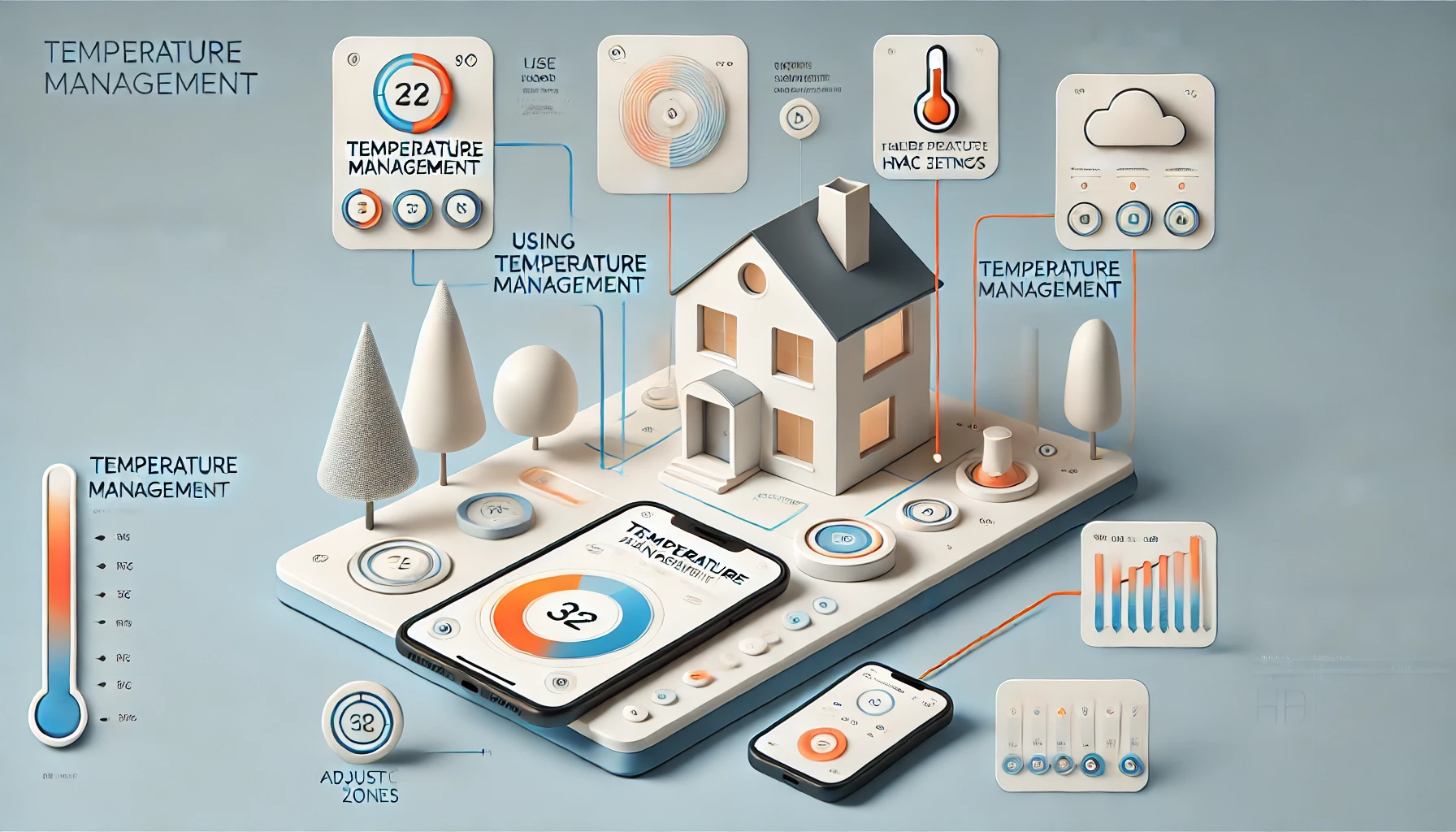 Smart Temperature Management
Smart Temperature Management